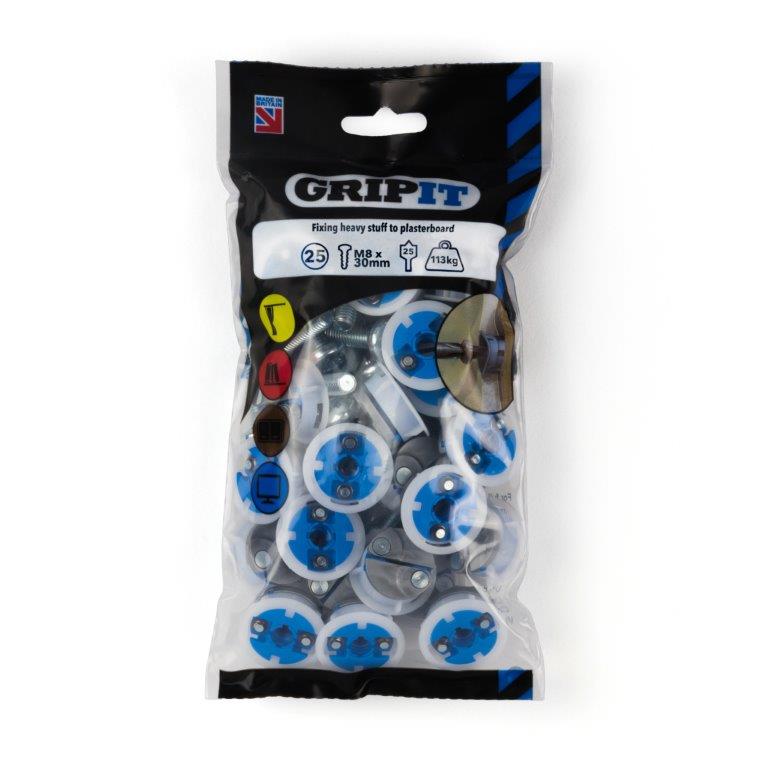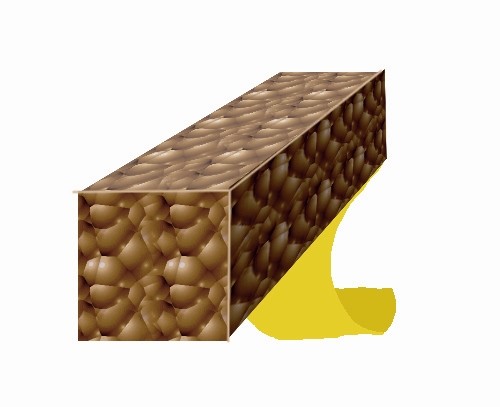Ways to save energy this winter
As temperatures start to drop and winter approaches, it becomes increasingly important to have adequate heating and hot water at work or at home. Making sure your workplace or home has an efficient heating system this winter is not only good for the environment, but it can also save you energy bills – which at times, like the present, could make a real difference.
To make sure you're fully prepared for the long, dark and cold winter ahead, we've rounded up some of the most important energy-saving tips we feel will be helpful to you!
- Insulation
If you happen to live in a modern, newly-built or renovated property, then you’re more than likely to have excellent
insulation as part of a nationwide commitment by house-builders to create energy-efficient homes and working spaces. However, if your property is an older build it is worth double checking that your walls and particularly the attic, is insulated to make sure that heat is retained properly.
Insulating cavity walls and the attic will make sure that your property stays warmer for longer this winter.
× ![]()
Where to Insulate in your Home
- Boiler
If your boiler is not working at full capacity, then it can radically affect performance hence why it’s a good idea to have
boilers serviced annually. Doing this means that you can rest easy knowing that there will be no nasty surprises this winter. Having these regular annual services can also save you money in the long run as it helps prevent the scare of needing potential expensive repairs. So you’re better off staying on the safe side and double checking your boiler this fall.

- Draught-proof windows and doors
Unless your home is very new, you will lose some heat through draughts around doors and windows, gaps around the floor, or through the chimney. Professional
draught-proofing of windows, doors and blocking cracks in floors and skirting boards can cost around £225, but can save around £45 (£55 in NI) a year on energy bills. DIY draught proofing can be much cheaper.
On top of this, using draught excluders and products such as draught-proof letterboxes or loft hatches can all help to keep the cold out of the property. They’re relatively cheap to buy and can help contribute towards those important energy saving costs.


- Switch off
You can save around £55 (£45 in NI) a year just by remembering to turn your appliances off standby mode. Almost all electrical appliances can be turned off at the plug without upsetting their programming. You may want to think about getting a standby saver or smart plug which allows you to turn all your appliances off standby in one go. Check the instructions for any
appliances you aren’t sure about. Some satellite and digital TV recorders may need to be left plugged in so they can keep track of any programmes you want to record.

- Know how much energy your appliances are using.
The final
way to save energy this winter is knowing just how much each appliance is costing per day. We've crunched some numbers for you, using standard appliances and the upcoming 2022 price cap charges for electricity (51.89p/kWh). These are ballpark figures as different models use different amounts of power, but it should give you a rough idea.
| Appliance |
kWh (1) |
Cost per hour (2) |
| Tumble dryer (3,000 watts) |
3 |
£1.56 |
| Oven (2,000W) |
2 |
£1.04 |
| Kettle (1,800W) |
1.8 |
93p |
| Electric hob (1,700W) |
1.7 |
88p |
| Vacuum cleaner (1,400W) |
1.4 |
73p |
| Microwave (1,200W) |
1.2 |
62p |
| Toaster (1,200W) |
1.2 |
62p |
| Dishwasher (1,200W) |
1.2 |
62p |
| Iron (1,100W) |
1.1 |
57p |
| Washer (700W) |
0.7 |
36p |
| Sky Q box (45W) |
0.045 |
2.34p |
| TV (30W) |
0.03 |
1.56p |
| Fridge (28W) |
0.028 |
1.45p |